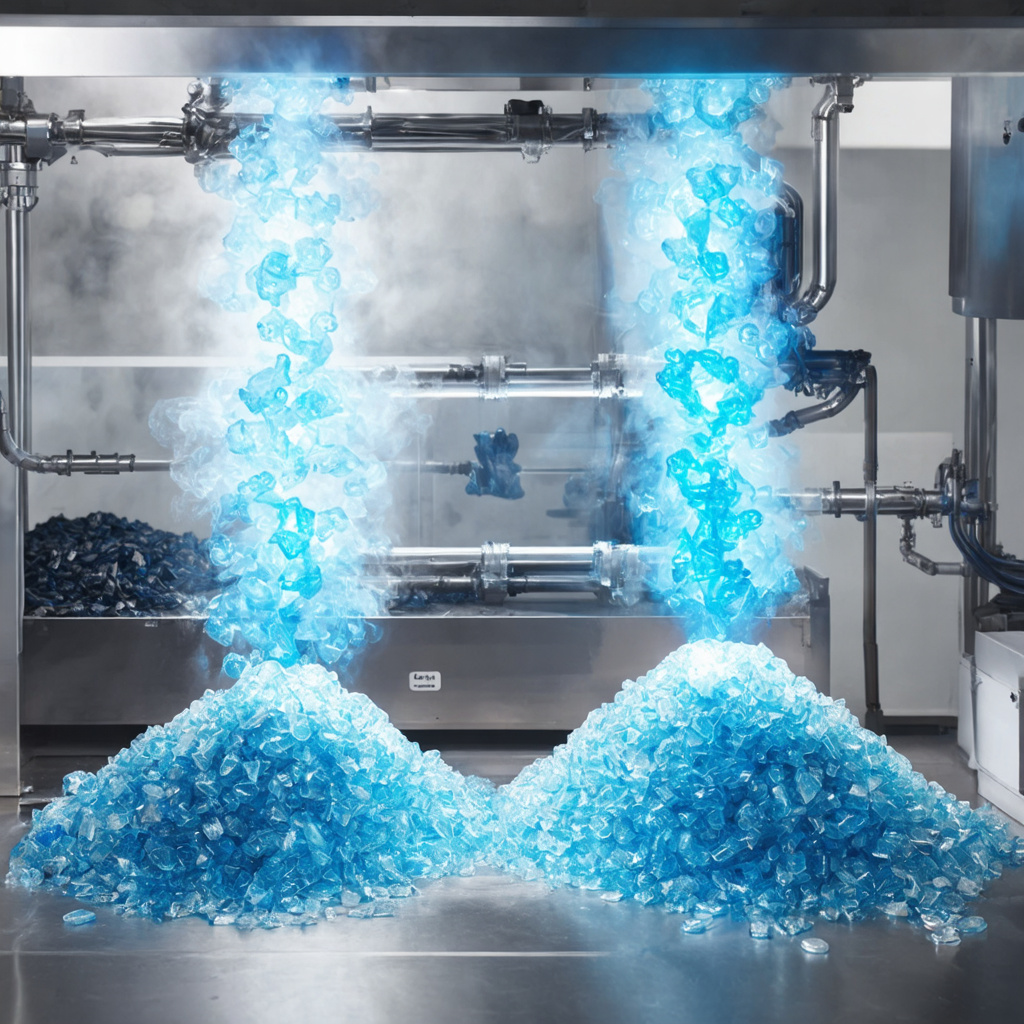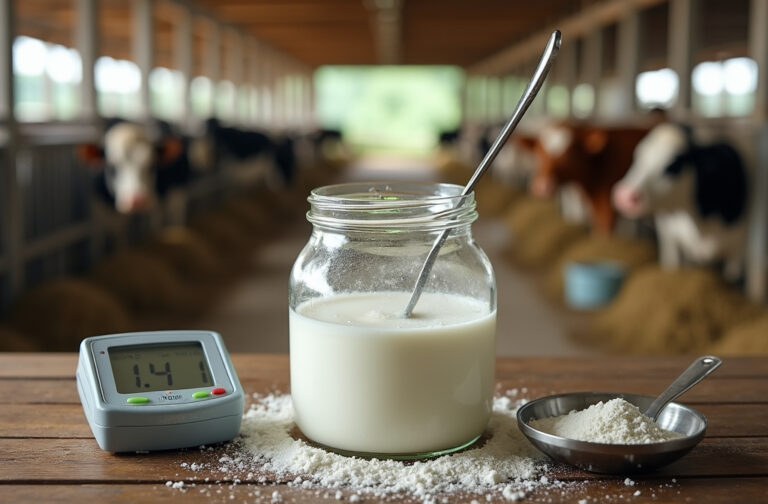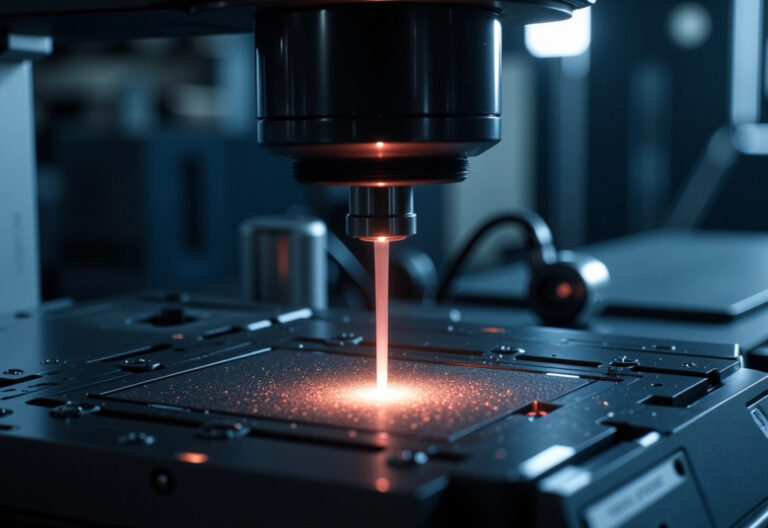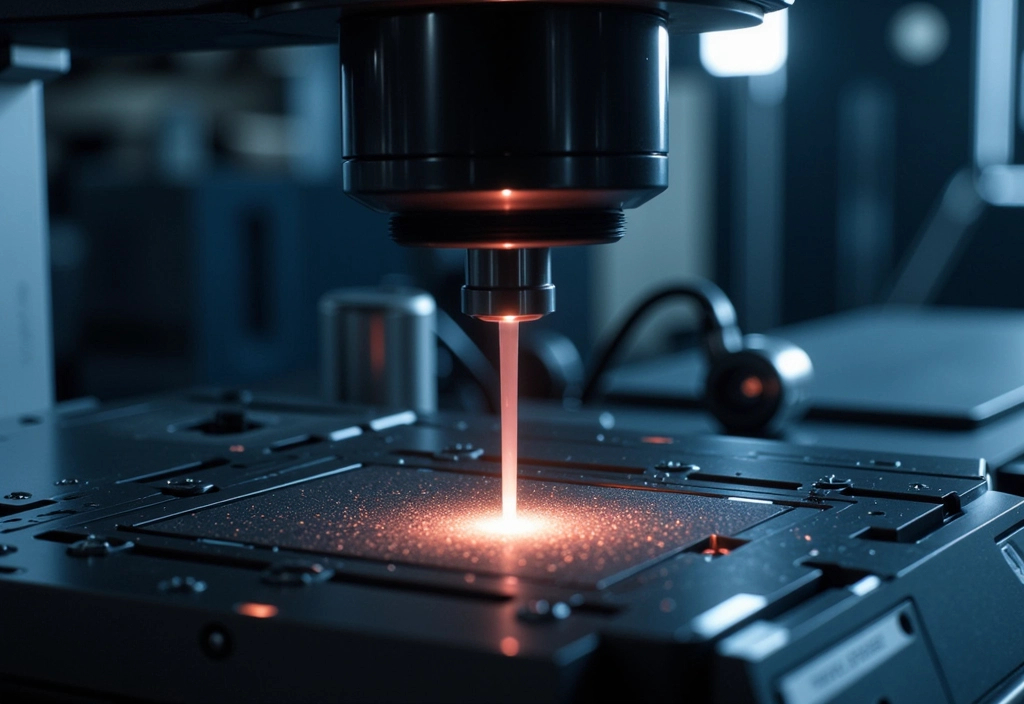In a world increasingly plagued by plastic pollution, researchers at the University of California, Berkeley, have unveiled a groundbreaking innovation that could revolutionize how we tackle plastic waste. A new process has emerged: one that vaporizes plastic bags and bottles, transforming them into gases to fabricate new, recycled plastics. This article explores the potential these advancements hold, the science behind the process, and the broader implications for environmental sustainability.
The Pervasive Problem: Plastic Pollution
Plastic pollution is an ever-growing concern. With millions of tons of plastic waste generated annually, our ecosystems are under threat. But what if we could turn this problem into a solution?
Why Plastic Matters
- Plastic’s resilience, which makes it great for packaging, also means it doesn’t biodegrade easily.
- It disrupts marine life and enters the food chain, affecting biodiversity and human health.
The need for effective recycling solutions has never been more urgent. Traditional recycling has its limitations, often downcycling materials, which reduces their quality and usability over time. This is where the new process steps in.
Catalytic Chemistry: The Science Behind Vaporization
UC Berkeley researchers have developed a novel catalytic approach to vaporizing plastics. This section delves into the scientific nuances that make this method a promising game-changer.
How It Works
Under carefully controlled conditions, the process uses catalysts to break down plastic molecules into gaseous compounds. These gases are then captured and reconfigured to form new plastic materials.
- Efficiency: The process is highly efficient, minimizing waste and maximizing output.
- Versatility: It works on a variety of plastic types, including commonly used films and containers.
The catalytic conversion not only vaporizes the plastic but does so in an energy-efficient manner, addressing one of the significant critiques of industrial recycling processes.
Environmental and Economic Implications
Shifting to this innovative process provides both environmental and economic benefits that could reshape global recycling practices.
Environmental Impact
The ability to repeatedly recycle plastic without quality loss means a significant reduction in new plastic production, saving fossil resources and reducing carbon emissions.
- Reduction in Plastic Waste: Less reliance on landfills and incineration, leading to a decrease in environmental pollution.
- Biodiversity Preservation: Protecting marine and terrestrial ecosystems from plastic debris.
“We are transforming end-of-life plastics into a renewable resource, contributing to a circular economy.” – Statement from UC Berkeley’s research team.
Economic Benefits
Implementing this technology could bolster economic activities. By significantly lowering the cost of recycling, it could make recycled plastic materials more economically competitive with new plastics.
- Job Creation: Growth in recycling industries could spur job opportunities.
- Market Opportunities: Opens avenues for innovation in plastic-based product manufacturing.
Challenges and Considerations
While promising, this new approach is not without its hurdles and considerations.
Scalability
Scaling this technology to a global level requires considerable investment and collaboration across sectors. Infrastructure needs upgrading, and industries must be convinced of its economic viability.
Policy and Regulation
Governments will play a pivotal role in facilitating or hindering the adoption of such innovative recycling technologies. Supportive policies, subsidies, and regulations are crucial for its widespread implementation.
The Road Ahead
The journey toward a plastic pollution solution is ongoing. This groundbreaking vaporization method represents an optimistic step forward.
Call to Action
For individuals, every effort to reduce plastic use, recycle responsibly, and support such innovations contributes to the larger picture of a sustainable future. For policymakers and industry leaders, embracing and advancing these technologies is a powerful tool in the fight against plastic pollution.
The future of recycling indeed looks promising with UC Berkeley’s development. With innovation and commitment, we can transform how we see and use plastics, contributing to a more sustainable and cleaner world.
Source:
As these innovations unfold, we stand on the cusp of a recycling revolution that could redefine our relationship with plastic waste.
Article derived from: Sanders, R. (2024, September 18). New process vaporizes plastic bags and bottles, yielding gases to make new, recycled plastics – Berkeley News. Berkeley News. https://news.berkeley.edu/2024/08/29/new-process-vaporizes-plastic-bags-and-bottles-yielding-gases-to-make-new-recycled-plastics/
















